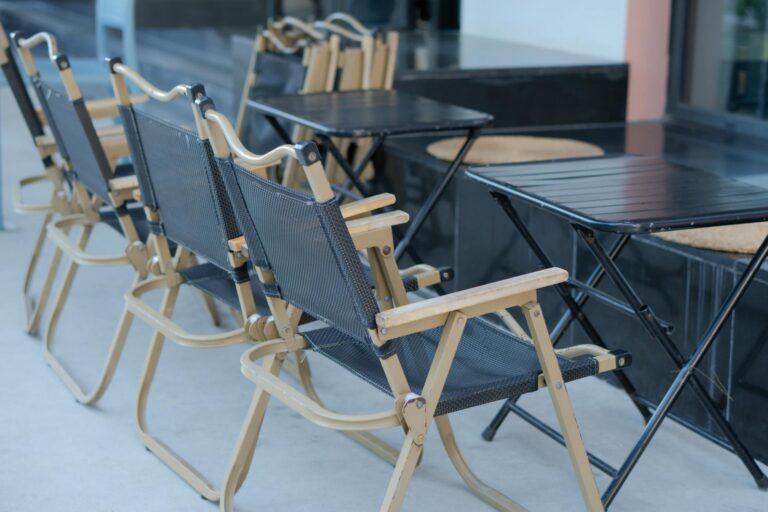Using calendars and clocks in care routines can be incredibly beneficial, especially for individuals with dementia or Alzheimer’s disease. These tools help provide structure and reassurance, making daily life more manageable and less confusing. Let’s explore how they can be integrated into care routines to enhance independence and well-being.
### Understanding the Challenges
People with dementia often struggle with time perception and orientation. They may confuse day and night, forget appointments, or feel disoriented upon waking. This confusion can lead to increased anxiety and disrupted sleep cycles. Calendars and clocks designed specifically for dementia care can help alleviate these issues by clearly displaying the time, date, and day of the week.
### Features of Dementia Clocks
Dementia clocks are not just simple time-telling devices; they are designed to provide additional information that helps individuals stay oriented. Some key features include:
– **Large Displays**: These are crucial for individuals with vision impairments, making it easier for them to read the time and date.
– **Day and Night Indicators**: Many clocks display parts of the day, such as “Morning,” “Afternoon,” or “Night,” which helps individuals understand the time of day without needing to read a traditional clock face.
– **Reminders**: Some clocks include alarms for medication times, meals, or other important routines, helping to maintain a structured daily schedule.
– **Voice Features**: For those with hearing impairments or who prefer auditory cues, some clocks offer voice announcements of the time and date.
### Integrating Calendars
Calendars can also play a vital role in care routines. They help individuals keep track of appointments, birthdays, and other important events. Digital calendars, like those on smartphones or tablets, can be remotely controlled and enhanced with reminders, making them particularly useful for caregivers who need to manage multiple schedules.
### Tips for Choosing the Right Tools
When selecting calendars and clocks for care routines, consider the following:
– **Observe Daily Struggles**: Identify what specific challenges the individual faces, such as confusion between days or times.
– **Consider Coexisting Conditions**: If the person has vision or hearing impairments, choose tools with larger displays or voice features.
– **Account for Environment**: In busy shared spaces, larger displays may be necessary, while quieter areas might require less prominent tools.
– **Think About Future Needs**: Since dementia is progressive, choose tools that can adapt to changing needs over time.
### Involving the Individual
Whenever possible, involve the person with dementia in the selection process. Let them try different clocks and calendars to see which ones they prefer. This can increase their comfort and willingness to use these tools consistently.
### Where to Find These Tools
Specialized calendars and clocks can be found at medical supply stores, dementia-specific online shops, or through aged care support organizations. These resources often offer a curated selection of quality assistive devices designed to support independence and safety.
By incorporating these tools into care routines, individuals with dementia can regain a sense of structure and independence, leading to a more fulfilling and secure life.





